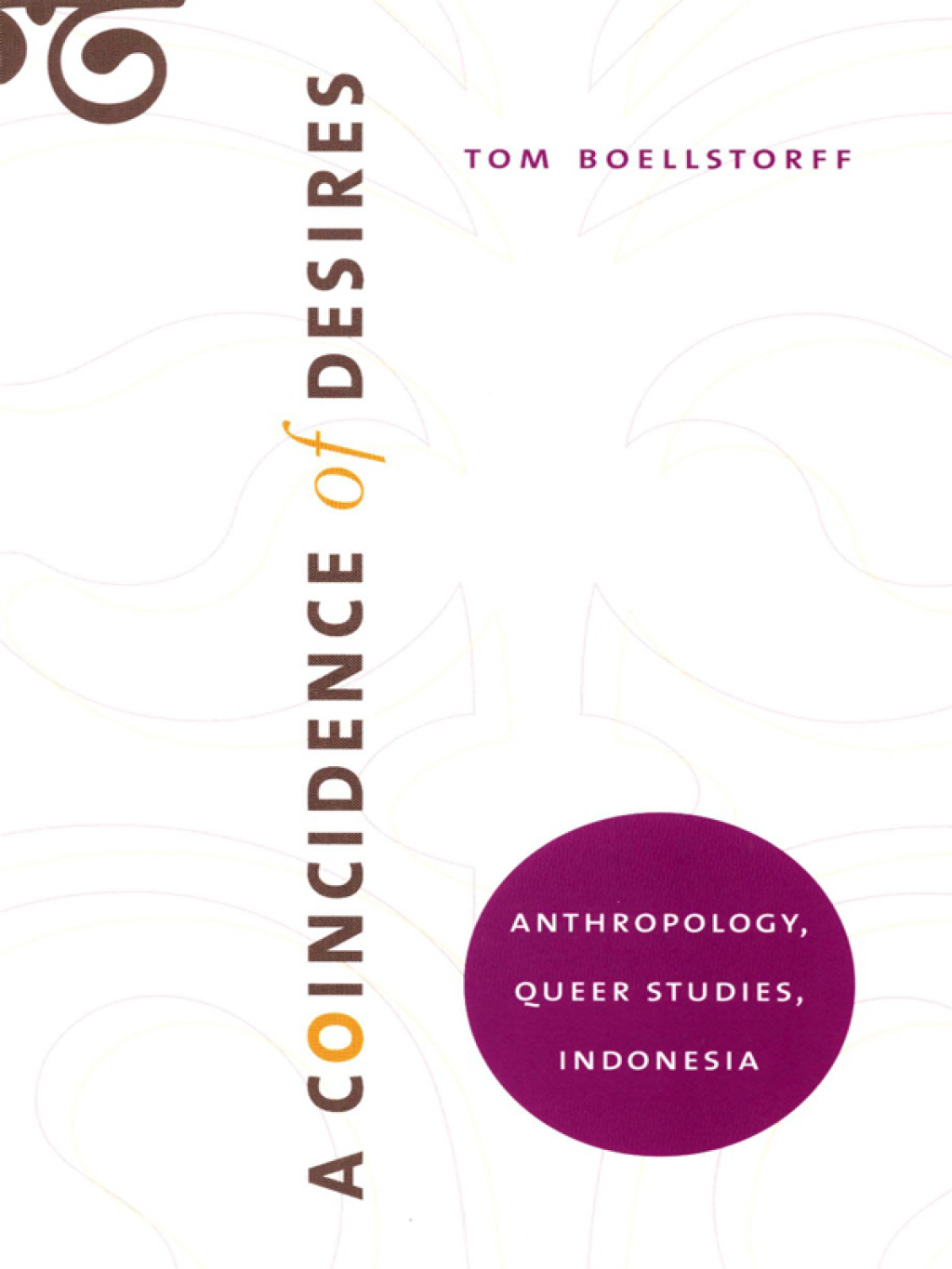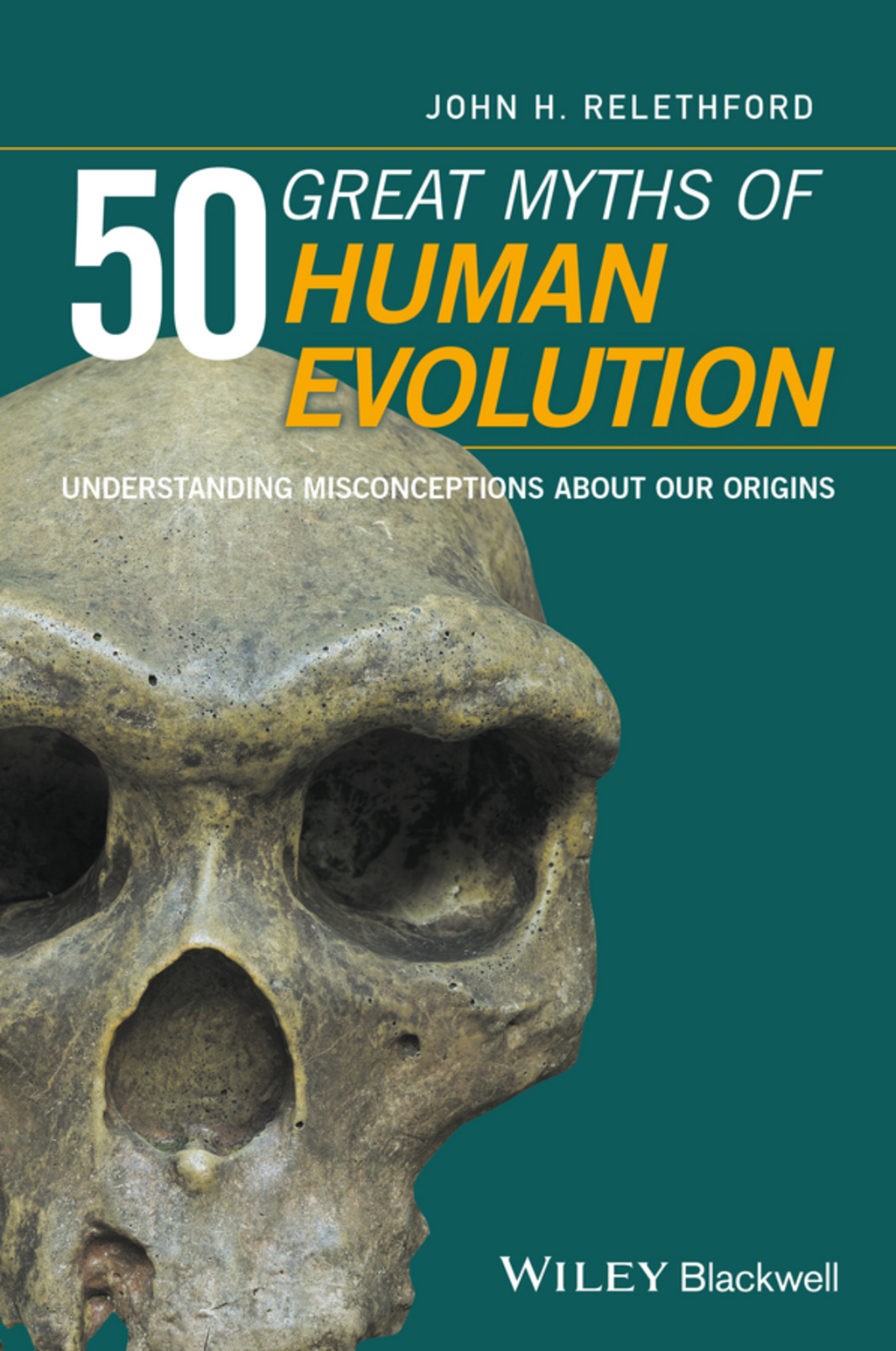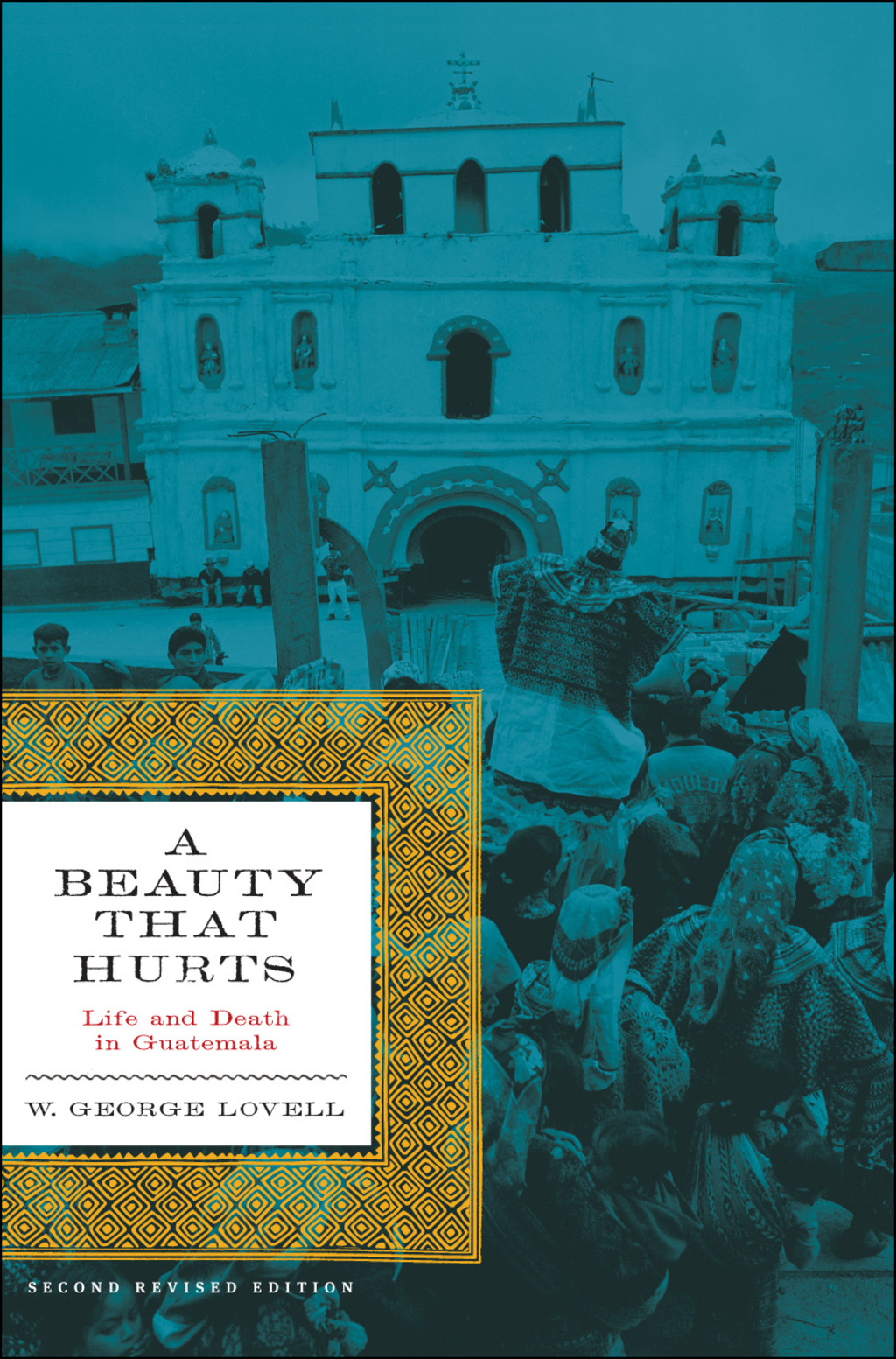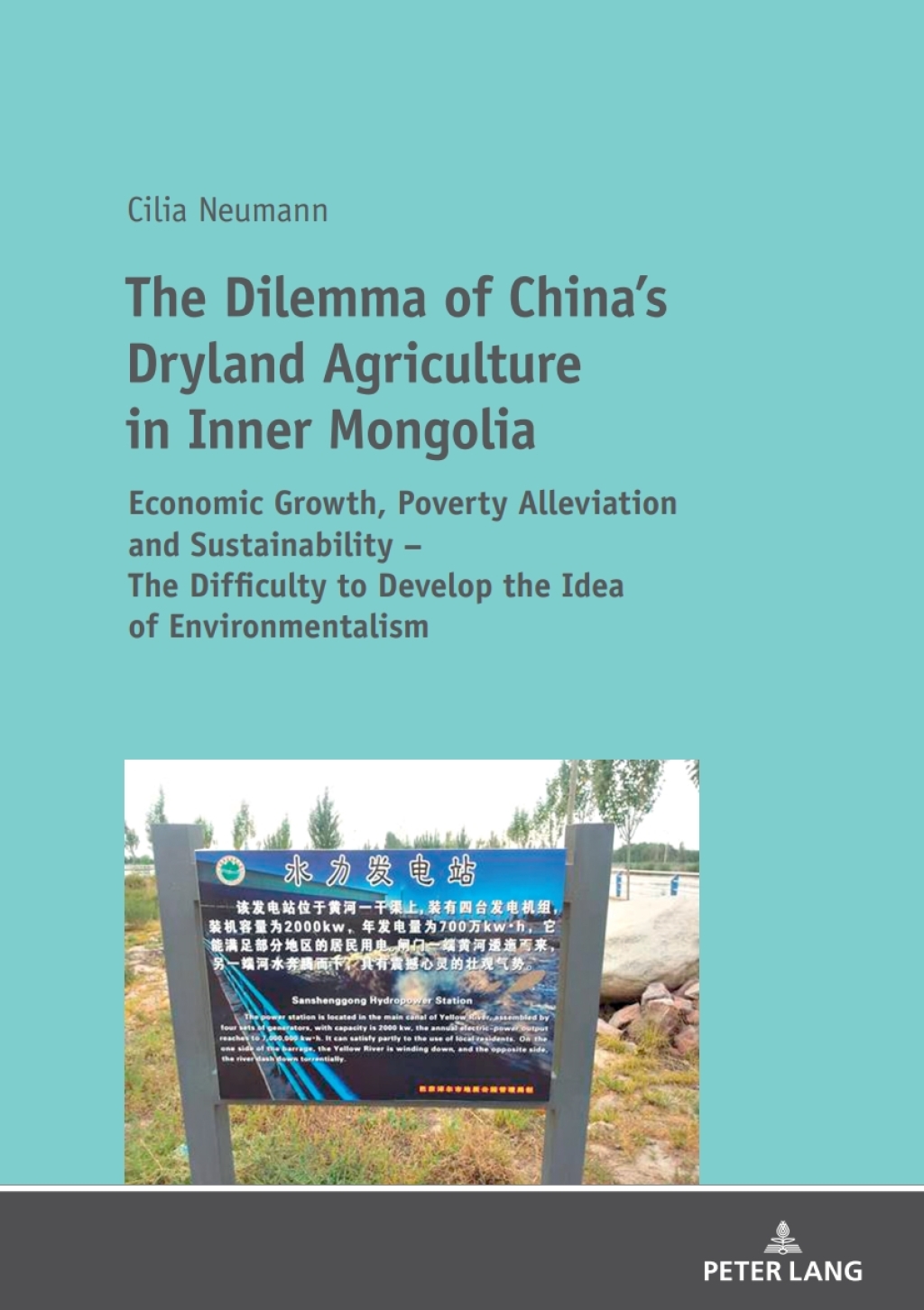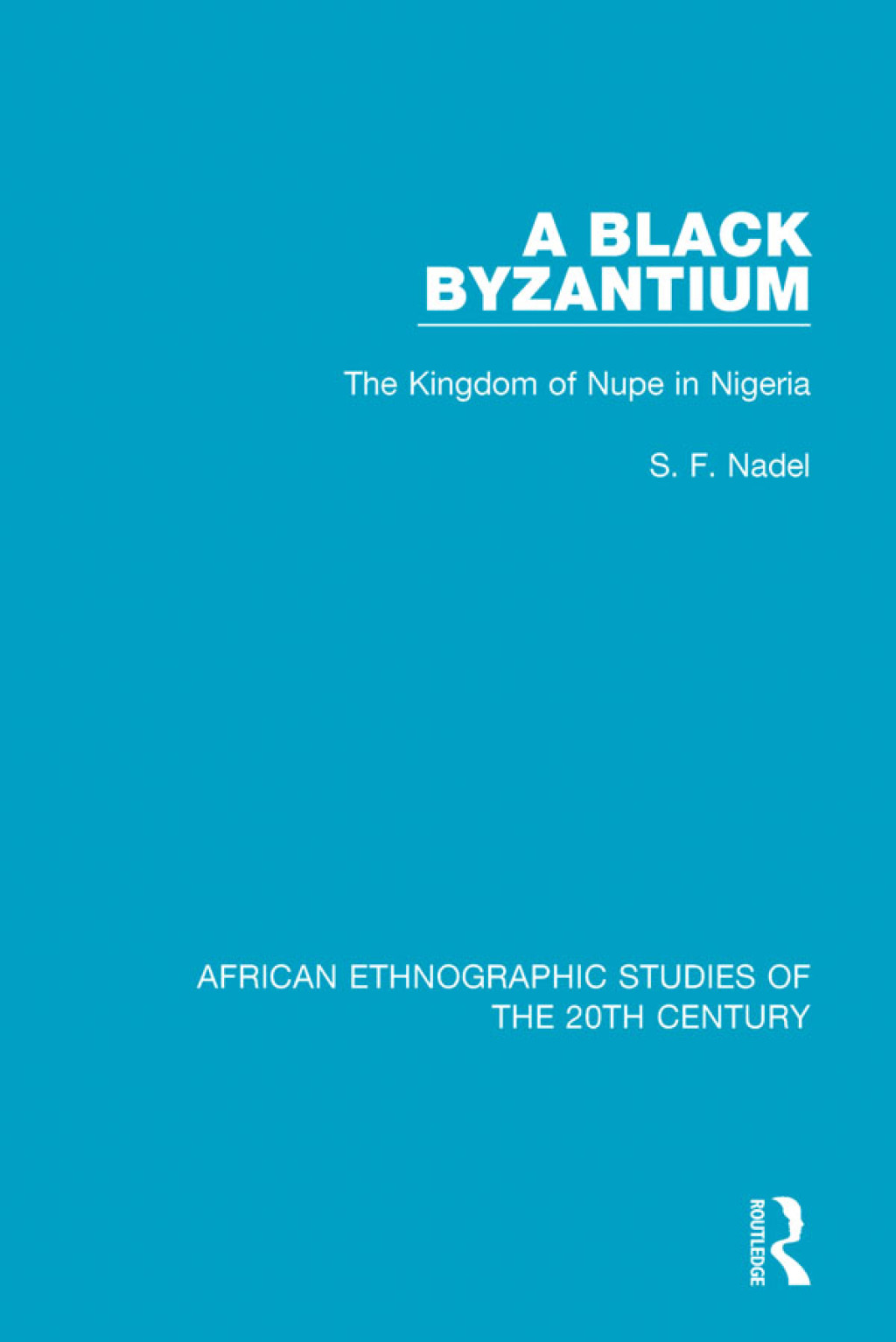Description
Around the world, social borderlands are developing as contested spaces for an emerging type of diasporic citizenship. Forging Diasporic Citizenship is a study of diasporicity – the social, cultural, and political awareness of diasporic people. This new kind of citizenship is forged through negotiating experiences of homesickness, homelessness, hostility, and hospitality. How do diasporic citizens reconcile difference with belonging? How is their experience and awareness expressed in political life? Drawing on interviews conducted with German-born Berliners of Turkish origin over a fifteen-year period, Gül Çalışkan explores the dynamics of everyday life for Ausländer. These so-called outsiders, or foreigners, are obliged to define themselves by their Otherness, but it is their relatedness to German society that transgresses traditional concepts of both German and Turkish identity. Çalışkan analyzes their narratives to explore the tensions between their experiences of displacement and the politics of accommodation as they make claims to citizenship, express the ways they are rooted, and seek to achieve recognition. Forging Diasporic Citizenship builds a theoretically sophisticated, transnationally applicable theory regarding the nature of modern citizenship and multiculturalism. By disrupting delimited notions of citizenship, this perceptive and important work highlights a broader basis for community.


